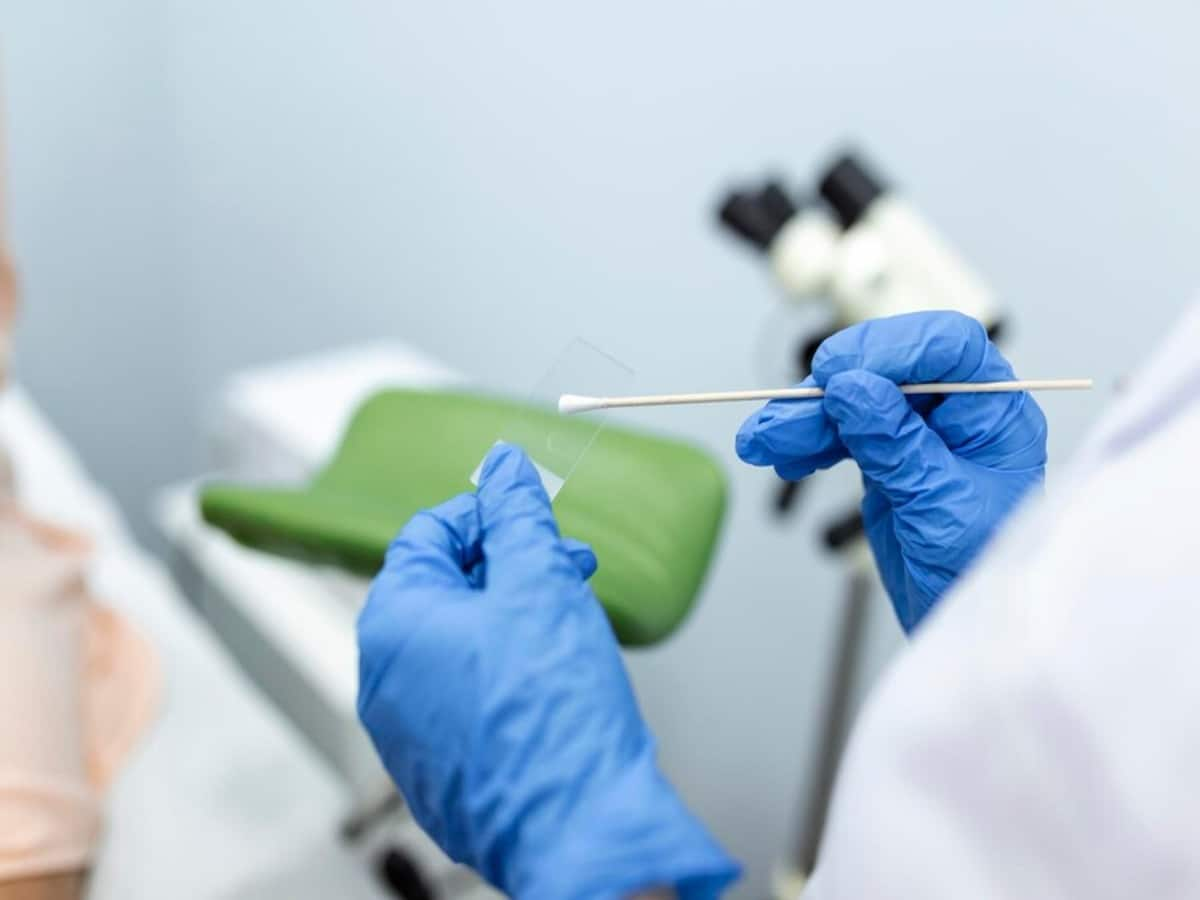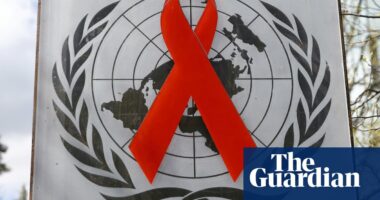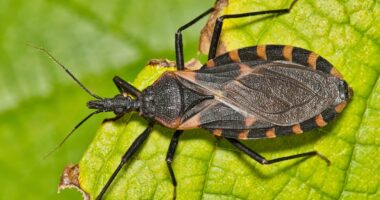Share this @internewscast.com
Women need to prioritise regular screenings and vaccination against HPV to reduce their risk of developing cervical cancer, said doctors.
With news about model-actor Poonam Pandey succumbing to cervical cancer at the age of 32, the focus has once again shifted to preventive strategies that women ought to know about, along with signs and symptoms of this aggressive disease, and treatment options. In an Instagram post shared on Pandey’s official account, a statement read: “Deeply saddened to inform you that we have lost our beloved Poonam to cervical cancer. Every living form that ever came in contact with her was met with pure love and kindness. In this time of grief, we would request for privacy while we remember her fondly for all that we shared.”
According to doctors, even with the availability of the human papillomavirus (HPV) screening to prevent cervical cancer, there has been an increase in the diagnosis of this disease, making it vital to stay in touch with a doctor and get the HPV vaccination at the earliest.
What is cervical cancer?
This form of cancer originates in the cells lining the cervix, the lower part of the uterus. It is mainly caused by persistent infection with high-risk strains of HPV, a sexually transmitted infection. Doctors call it the ‘silent killer’, because it can progress without noticeable symptoms in early stages. Women may experience abnormal vaginal bleeding, like bleeding between periods or after intercourse, vaginal discharge that is often “foul-smelling or blood-tinged”.
It can all be accompanied by pelvic pain during sexual intercourse or during normal daily activities, and these symptoms could signal the presence of advanced cervical cancer, prompting immediate medical evaluation.
Awareness
“There is still a lack of awareness about cervical cancer, particularly in rural areas. The detection rate for cervical cancer has increased in urban areas, with 20-25 per cent of women being aware of it, compared to only 5 per cent earlier. While cervical cancer is highly preventable and treatable when detected early — through regular screening like PAP smears and HPV tests — it remains a significant global health issue,” pointed out Dr Surabhi Siddhartha, consultant obstetrician and Gynaecologist, Motherhood Hospital, Kharghar.
She added that women need to prioritise regular screenings and vaccination against HPV to reduce their risk of developing cervical cancer. “One key contributing factor is a decrease in routine screening and preventive care, leading to missed opportunities for early detection and intervention. Lifestyle factors like smoking, obesity, and poor diet choices play a significant role in the increased vulnerability of women to cervical cancer. Shifting sexual behaviors and an increase in high-risk HPV infections among young adults have also been linked to its surge.”

The need of the hour
Dr Surabhi said out of 50 patients, approximately 15-20 patients come for a PAP smear, indicating some awareness about cervical cancer and screening. But, the low rate of HPV vaccinations among boys is “concerning”.
“While approximately 80 per cent of girls receive the vaccine, only 1-2 per cent of boys do so. This not only exposes boys to health risks but also hampers overall HPV prevention efforts. Boys are equally vulnerable to HPV and its associated complications. Addressing parental hesitancy and raising awareness about the importance of HPV vaccinations for boys is crucial. By focusing on early detection, vaccination efforts against HPV, and promoting healthy lifestyle choices, we can work towards curbing the alarming rise of cervical cancer cases among women.”
Dr Rajashri Tayshete Bhasale, consultant gynecologist and laparoscopic surgeon, Wockhardt Hospitals, Mira Road added that the most important step is to take the HPV vaccine, which not only protects from cervical cancer but also from vulvar cancer. “PAP smear should be done at least once every 3 years to detect early cervical cancer. Regular screenings aid in timely detection and treatment. Also, practicing safe intercourse by using condoms can lower the chances of HPV transmission,” she said.
Dr Rajashri added that maintaining a healthy diet rich in fruits and vegetables can support overall immune function and help lower the risk of developing cervical cancer.















